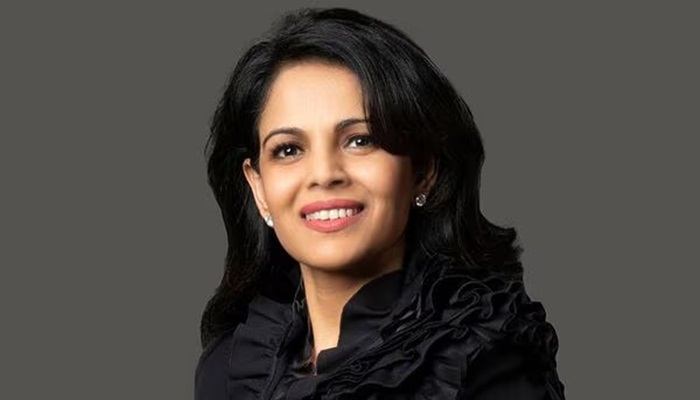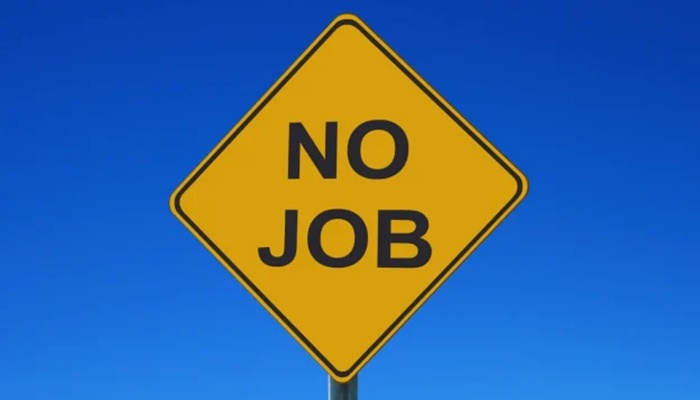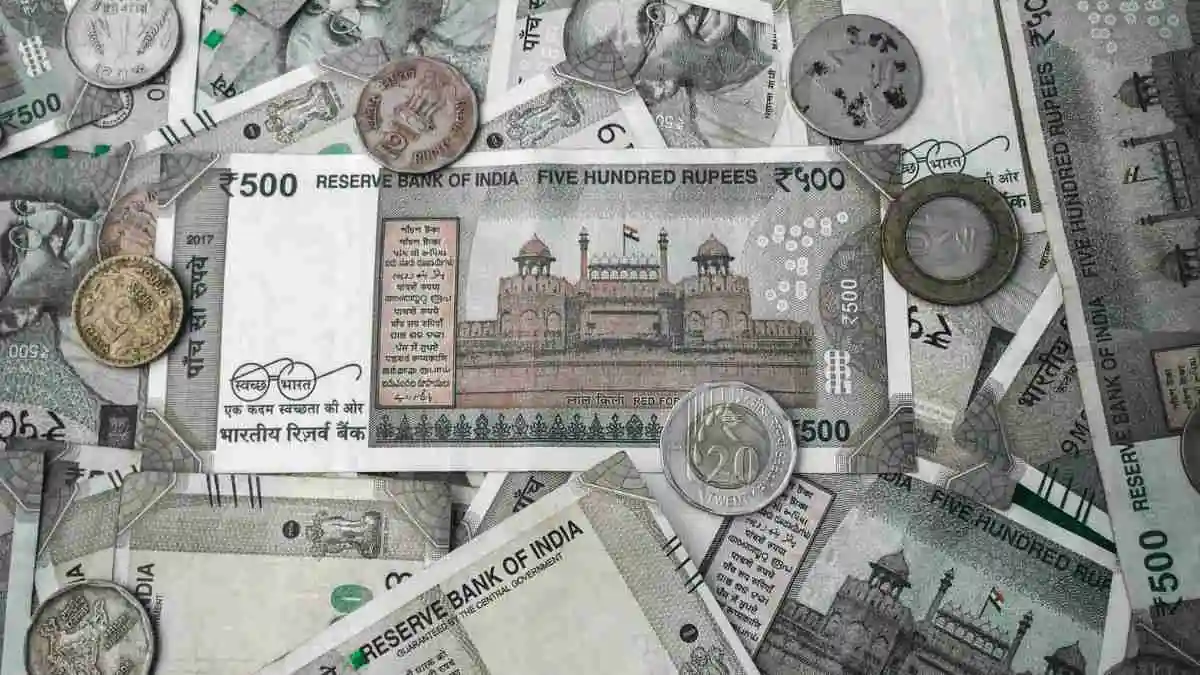Akshat Shrivastava, founder of financial education platform Wisdom Hatch, has criticised India’s slow adoption of technology-driven services. In a social media post, Shrivastava said, “Tech supremacy leads to Economic supremacy. This is a basic fact. Right from Mesopotamia, Romans, Persians. And, in modern history: Spanish, UK, and now the US & China. Every empire has exhibited this trait.”
He acknowledged India’s strength in engineering talent but said that technological implementation remained weak. “One could argue that: India has best engineering talent in the world. But, we are far away from Tech supremacy. We still look at BTC, Cryptos, blockchain with derision. Forget that: we still prefer taxi mafias over apps,” he wrote.
Goa keeps Ola, Uber out
Shrivastava’s remarks come shortly after the Goa government formally barred large national ride-hailing platforms from operating in the state. In June, Chief Minister Pramod Sawant had clarified that the newly issued Goa Transport Aggregators Guidelines 2025 do not support entry of companies like Ola and Uber.
“Taxi operators need not be in any sort of confusion. The guidelines do not aim to open flood gates for national cab aggregators like Ola and Uber,” Sawant said.
Tourists face problems, allege monopoly
Tourists and some locals have criticised Goa’s taxi setup, calling it a monopoly that blocks even local app-based services. Currently, only Goa Miles and Goa Taxi are permitted, but visitors claim they often face difficulties using them due to interference from taxi unions.
In April, a tourist described the situation as a “transport mafia”. “Here, no private taxi apps like Ola and Uber are available; you have to rely on the unions who operate on their whim,” he wrote, adding that he was charged ₹1,600 for a 10 km journey.
Cultural issues and misaligned incentives
Shrivastava said that the problem is not lack of talent, but a deeper cultural and policy challenge. “Forget even that: with the rise of alt science, astrology, gambling. The scientific temper has never been this low in our country. Problem is not talent. The problem is: misaligned incentives. Politicians do regressive things to win. But economy rewards progressive things & futuristic planning, which eventually leads to tech supremacy,” he said.
Crypto policy still evolving
India continues to take a cautious stance on new technologies like cryptocurrency. While not legal tender, digital assets can be held and traded under strict rules, including a 30% tax on gains. The Reserve Bank of India maintains that crypto poses risks to financial stability, and a formal crypto policy or bill is expected later in 2025.




















